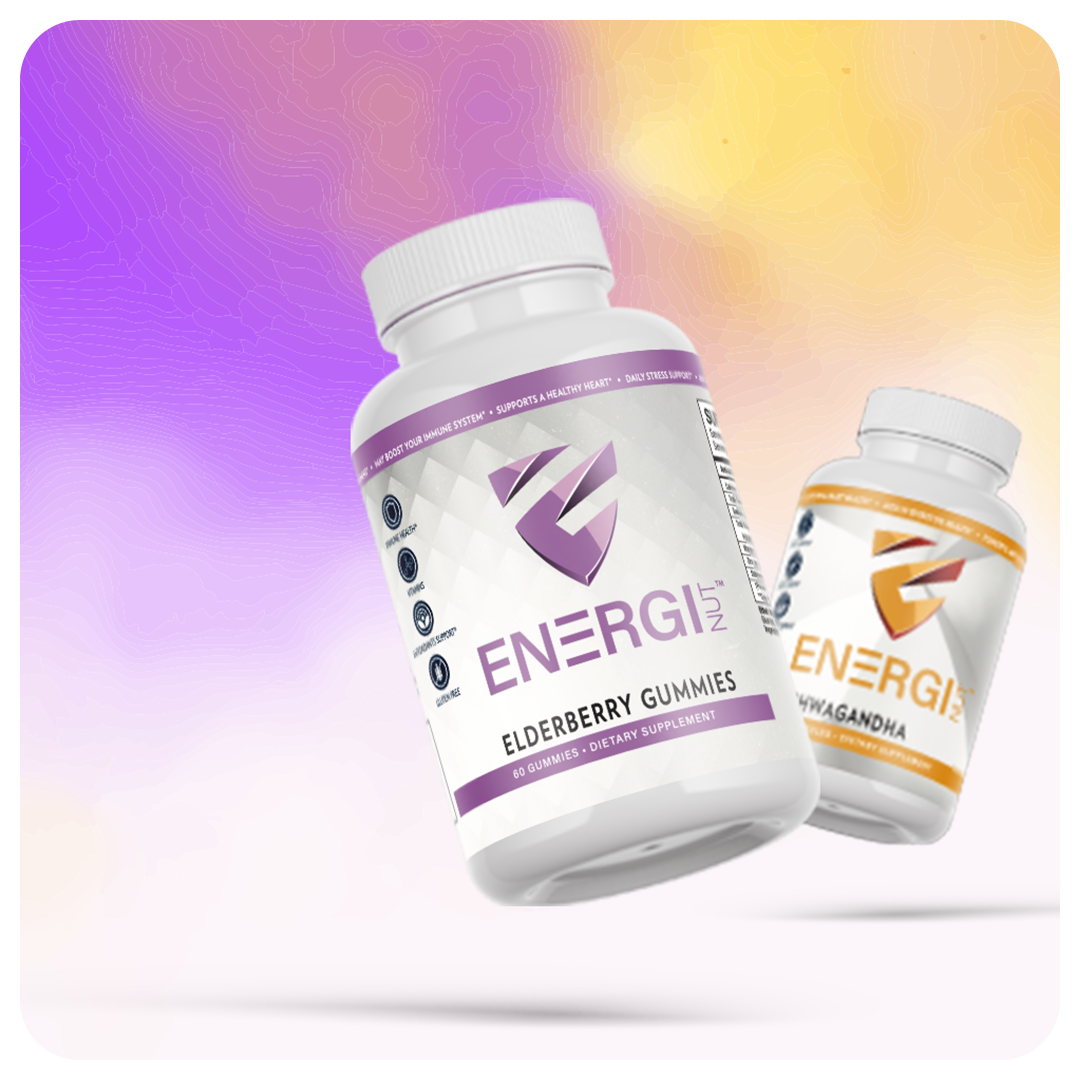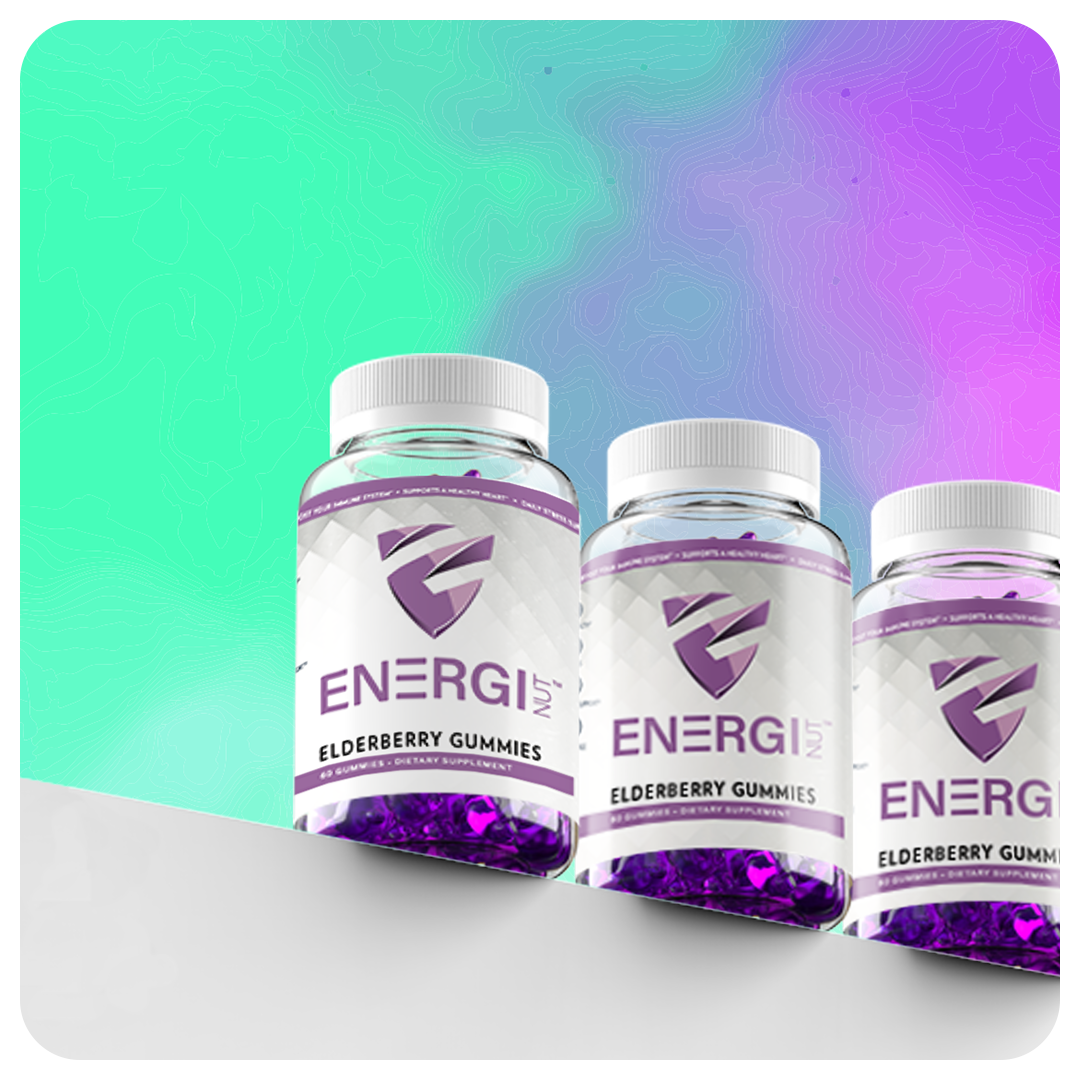Keto Supplements: What Are They and Do You Need Them?

The ketogenic diet, often called the keto diet, has gained tremendous popularity over the last few years. It’s praised for its potential to help with weight loss, improve mental clarity, stabilize blood sugar levels, and even support certain health conditions. But sticking to a strict low-carb, high-fat regimen isn’t always easy. That’s where keto supplements come in.
In this article, we’ll break down what keto supplements are, explore the most popular types, and help you decide whether or not you actually need them.
What Is a Keto Supplement?
A keto supplement is a product designed to support your body while you’re following a ketogenic diet. Since the keto lifestyle drastically reduces your intake of carbohydrates, your body undergoes significant metabolic changes. These supplements aim to make that transition smoother and help you stay in ketosis — the metabolic state in which your body burns fat for fuel instead of carbs.
Some keto supplements are designed to boost energy, others to replenish lost nutrients, and some may even claim to speed up fat burning.

Why Do People Use Keto Supplements?
Transitioning to a keto diet can be tough. Many people experience what's known as the “keto flu” — a group of symptoms including fatigue, brain fog, irritability, headaches, and muscle cramps. This happens as your body shifts from using glucose (carbs) to ketones (fat) for energy.
Keto supplements can help in several ways:
-
Easing symptoms of the keto flu
-
Replenishing electrolytes lost during carb restriction
-
Boosting energy levels
-
Helping the body enter and maintain ketosis
-
Supporting exercise performance
Types of Keto Supplements
Let’s explore the most common types of keto supplements and how they work:
1. Exogenous Ketones
Exogenous ketones are ketones you take in supplement form. They mimic the ketones your body naturally produces in ketosis and may help:
-
Increase blood ketone levels
-
Boost mental clarity
-
Provide quick energy
-
Reduce hunger
They typically come in the form of ketone salts or ketone esters. While effective, they’re best used strategically, such as when transitioning into ketosis or during intense workouts.
2. Electrolytes (Magnesium, Potassium, Sodium)
On keto, your body flushes out more water and electrolytes due to lower insulin levels. This can lead to:
-
Muscle cramps
-
Fatigue
-
Headaches
Taking an electrolyte supplement — or increasing your intake of salty foods, leafy greens, and avocados — can help maintain balance and prevent symptoms.
3. MCT Oil (Medium Chain Triglycerides)
MCT oil is a fat derived from coconut or palm oil that the body converts quickly into ketones. It can:
-
Provide a rapid source of energy
-
Suppress appetite
-
Support fat metabolism
MCT oil can be added to coffee (popularized as “bulletproof coffee”), smoothies, or salad dressings.

4. Digestive Enzymes
Some people experience digestive issues when first starting keto, especially with increased fat intake. Digestive enzyme supplements can help your body:
-
Break down fats and proteins more efficiently
-
Reduce bloating and indigestion
-
Improve nutrient absorption
Look for formulas that include lipase, the enzyme that breaks down fat.
5. Fiber Supplements
Keto diets can be low in fiber, especially if not enough low-carb vegetables are consumed. Fiber supplements:
-
Support gut health
-
Promote regular bowel movements
-
Help you feel fuller longer
Options include psyllium husk, chia seeds, or specialized keto-friendly fiber blends.
6. Greens Powders
Since you’re avoiding high-carb fruits and some starchy vegetables on keto, greens powders can be a great way to get essential micronutrients. These powders often include:
-
Spinach
-
Kale
-
Spirulina
-
Chlorella
They support immune health, detoxification, and energy production — without the carbs.
Do You Really Need Keto Supplements?
The short answer? It depends.
Many people can thrive on a well-formulated ketogenic diet without any supplementation. However, supplements can be particularly helpful if:
-
You’re new to keto and struggling with the transition
-
You’re experiencing symptoms of the keto flu
-
You’re an athlete or active individual who needs extra support
-
You have trouble getting enough micronutrients from food alone
-
You want to optimize fat-burning and energy levels
If your diet is already well-balanced and you’re feeling great, you might not need much beyond an electrolyte boost. But if you’re looking for an edge, certain keto supplements can certainly help.
Final Thoughts
The ketogenic diet can offer powerful benefits, from weight loss to better mental clarity. While keto supplements aren't absolutely necessary for everyone, they can offer real support — especially during the early stages of your journey or if you want to optimize your results.
Remember, supplements should supplement your diet, not replace whole, nutrient-rich foods. Prioritize healthy fats, quality proteins, low-carb veggies, and hydration. Then, if needed, bring in the right keto supplement to elevate your results.


